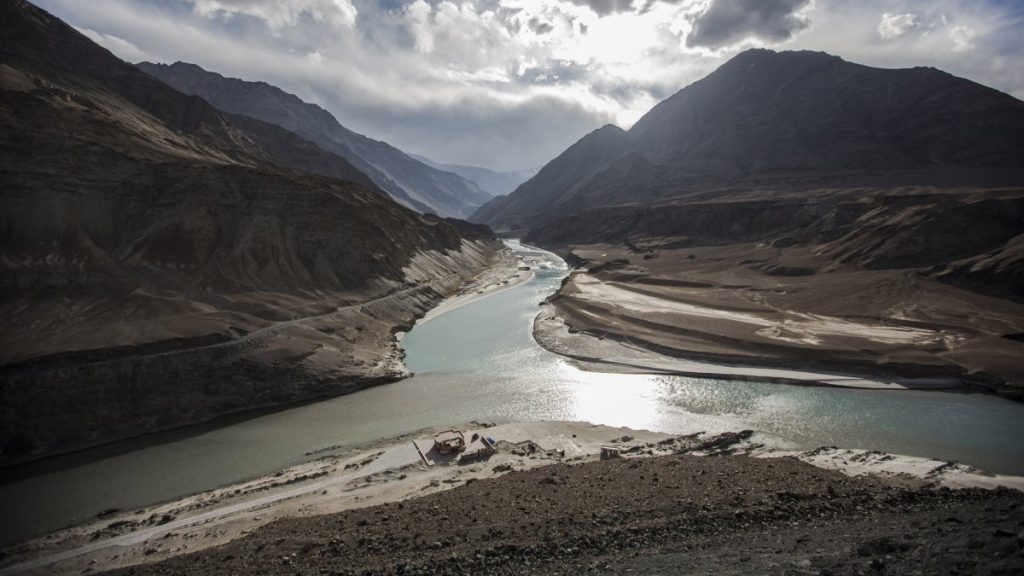Victor Gao warned that as the upper riparian state, China views India’s unilateral moves to restrict river flows downstream to Pakistan as unacceptable and likely to provoke a firm response

News Desk
BEIJING: China’s senior analyst Victor Gao has issued a stern warning to India, making it clear that any attempt to restrict Pakistan’s water supply will be regarded by Beijing as a direct affront to the sovereignty and territorial integrity of its close ally. In a recent interview with Indian media, Gao articulated China’s unwavering support for Pakistan’s rights over its natural resources, emphasizing the importance of respecting sovereignty in managing shared river systems.
Gao pointed to China’s position as the upper riparian state on the shared rivers, noting that while India lies in the middle stretch, any unilateral moves by New Delhi to curb the flow of water to downstream countries such as Pakistan will not go unanswered. “India should consider carefully what actions it takes towards those downstream, because the upper riparian country will respond accordingly,” he warned, invoking a principle of reciprocity that India should treat others as it would wish to be treated.
Beyond the immediate geopolitical implications, Gao underscored the legal gravity of the situation, stating that any breach of the Indus Waters Treaty—an internationally recognized agreement governing water sharing between India and Pakistan—would constitute a violation of international law. This marks a clear message that China views the treaty not just as a bilateral accord but as a cornerstone of regional stability and legal order.
The statement highlights China’s strategic posture in South Asia, where it has sought to bolster Pakistan’s position amid a long-running and often contentious water dispute with India. By reaffirming its commitment to defending Pakistan’s interests, China is signaling its readiness to play a more assertive role in regional affairs, particularly where natural resources and sovereignty are at stake.
In a region where water security is closely tied to political stability and national survival, Gao’s comments serve as a reminder of the complex dynamics at play. They reflect broader geopolitical tensions and the balancing act that all parties must navigate to avoid escalating conflicts that could have far-reaching consequences beyond bilateral disputes.



